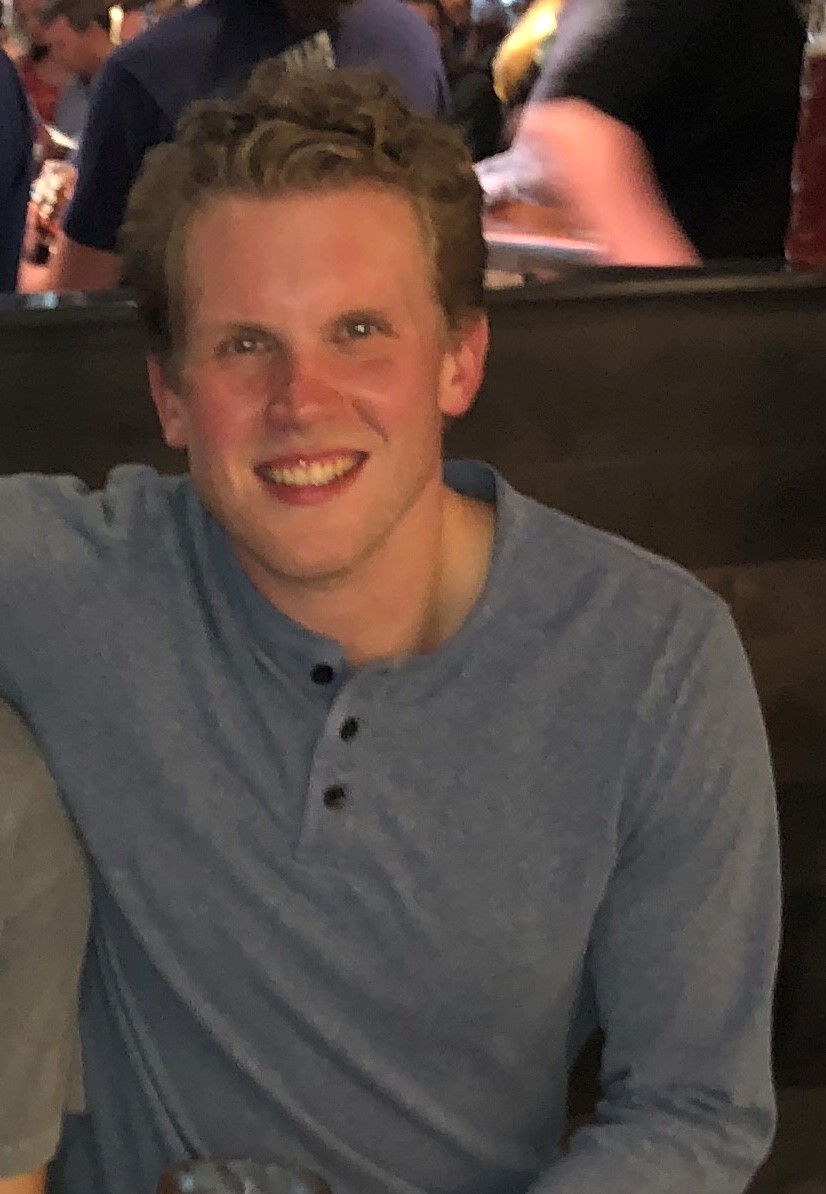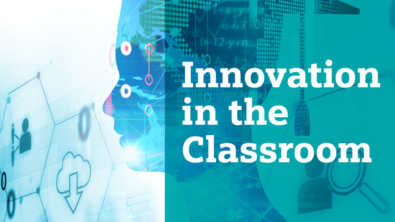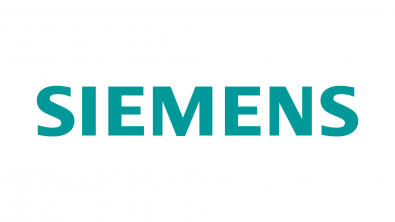Student Interns Beyond the Classroom: Mick Packard

A student of partner school, Oakland University, Mick Packard was inspired by his own professor to learn more about the field of industrial and systems engineering. With early introduction into our Plant Simulation software, he soon realized the limitless possibilities of simulation technology. As he closes out his internship at FCA, Mick is an example of student success beyond the classroom using Siemens software solutions to change the world. Read on to learn a little more about him.
Where did you attend college, what was your major, and how did you become interested in your field of study?
I attended Oakland University where I majored in Industrial and Systems Engineering. I was drawn to the field originally when I took a class taught by Professor Van Til and witnessed his enthusiasm for the subject. This drew me in and as I learned more about the field, I started to see more and more how I fit in and how it fit me. I’ve always had a bigger picture mindset, but the details always interested me. So, studying in a field where I could use my strengths and still expand on my interests provided me a fit that I felt could carry me through my career, keeping me interested and engaged while I pursue greater and greater success.
“We use both Plant Simulation and Jack in our second year probability and statistics course taken by all engineering majors. Not only are they great tools for analyzing how random behavior affects the performance of systems, they also give the students a chance to gets some hands-on experience with real engineering tools early in their education,” notes Robert Van Til, Pawley Professor and Chair of the Industrial and Systems Engineering Department.
What drew you to Siemens?
The same class that drew me to the ISE field also gave me my first introduction to a Siemens product, that being Plant Simulation. At the time I didn’t think much of it but as I progressed and experienced other forms of Discrete Event Simulation (DES) I began to realize the potential a product like Plant Simulation has. In the right hands, the modeling applications could be limitless. It offered a more modular form of DES than other programs, allowing even basic users to construct simple simulations, but still had the SimTalk structure that allowed more advanced users to truly take control of the program. The more familiar I became with the program the more adept at it I became, and soon, working with the program felt like the model building I did as a kid with LEGOs and who wouldn’t want to play with toys for a profession?
“After getting introduced to Plant Simulation in his probability and statistics course, Mick got a deep-dive into using Plant Simulation in our half-semester PLM Applications – Throughput Simulation course,” notes Van Til.
What are 2 or 3 key things you learned while interning for FCA?
Kindness, perseverance, and perspective. Without all three of these I truly believe I wouldn’t be where I am today. My internship at FCA was my first ever and I soon learned a lot of growing pains came with that. There was a lot I still had to learn, but by sticking with it and constantly moving towards my goals I got closer and closer to them and continue to. By showing kindness and keeping a healthy perspective on where I am, where I’ve come from, and where I want to go I’ve been able to keep steady in this mindset through the highs and the lows of life.
“We want to thank FCA for participating in our Plant Simulation Internship Program and supporting our ISE students,” adds Van Til.
What brought you to the decision to stay with the company and is what you are doing now different from what you did as an intern? Is it similar?
My decision to stay with the company was based on fit and potential. The culture felt right and an opportunity for more growth down the line was apparent. My biggest fear has always been stagnation, so if I felt happy and that the company would contribute to me as much as I contributed to it, it would be an easy decision to make.
What is the most impactful/ rewarding part of working in your specific field and for Siemens?
For me the most impactful or rewarding aspect of any job or project has always been seeing the final product and the value it provides. The simulation work I’ve been doing provides me the opportunity to perform a task I’ve always loved, building things, and provides value to companies that previously didn’t exist. Getting to be on the forefront and have my own interests aligned with that of the work I’m doing is truly invigorating.


